Brown Sugar by Amol Pratik
By observing others we can learn more about ourselves.
I’m interested in what it means to identify as Indian. I want to explore the idea of “Indian-ness” throughout the Indian diaspora and how it illustrates one narrative of human cultural evolution.
Among the territories within the diaspora is Mauritius; a tiny island nation in the Indian Ocean, East of Madagascar, and the only place outside of India with a majority population of Indian origin. Its society remains quite segmented across racial boundaries: Indian, Creole (a mix of African descent), and European (primarily French).
I’ve chosen Mauritius as the place to start this exploration as it represents a shared history for numerous sugarcane producing territories in the world — all of which have large Indian-descended populations as a legacy of indentured labor for the 19th century sugar trade. However, it is unique in its participation with Indian labor. As the closest British sugar producing colony, Mauritius was afforded a constant stream of indentured migrants from India, and became the hub for longer voyages to other colonies in Africa, South America and the West Indies.
My work seeks to share the stories of the descendants of Indian migrants overseas. The project will include a series of portraits of contemporary Mauritian-Indians in front of their homes. This will be accompanied by filmed interviews speaking to their personal and family experiences of living on the island and what being Indian means to them.
By looking at this group I will attempt to show the influence of time, isolation, the imperialist sugar trade, and the slave-turned-indentured labor system on shaping the identity of a relatively homogenous migrant-descended population.
There is something universal, beautiful and worthy of celebration in the migrant experience. Here bands of Indians were, willingly or unwillingly, so greatly displaced from their homes and social structures in pursuit of opportunity — in general, the degree to which they were fully informed prior to embarking on the journey is questionable, but their decision to stay speaks to their agency and desire to establish a new life overseas. Ultimately they succeeded in finding a home for themselves, their families and their descendants to belong to.
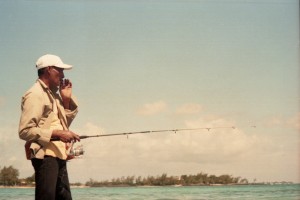
An Indian-Mauritian fisherman out on the reef – Pereybere, Mauritius May 2014
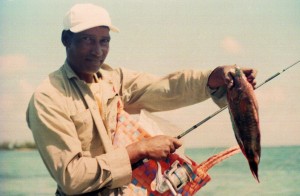
The fisherman showing his catch for the day – Pereybere, Mauritius May 2014
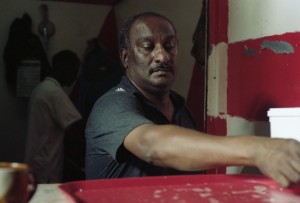
An Indian-Mauritian chai vendor in a small stall in the Central Market – Port Louis, Mauritius May 2014
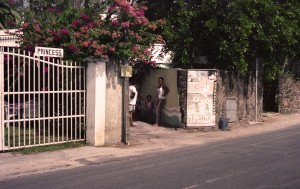
A group of Indian-Mauritian women – Pereybere, Mauritius May 2014
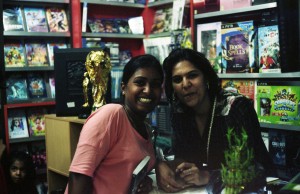
An Indian-Mauritian video game seller and customer – Port Louis, Mauritius May 2014
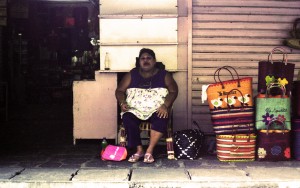
An Indian-Mauritian shop owner in the Central Market – Port Louis, Mauritius May 2014
